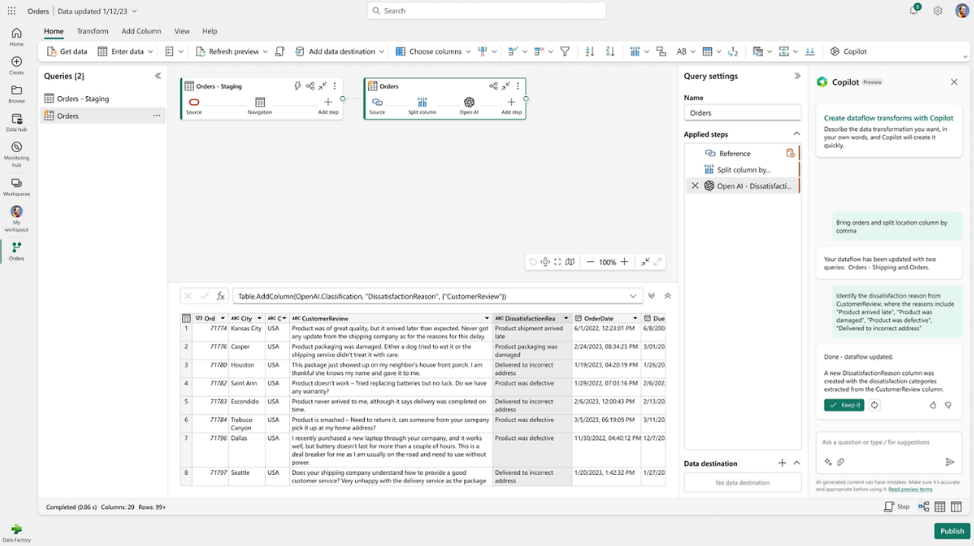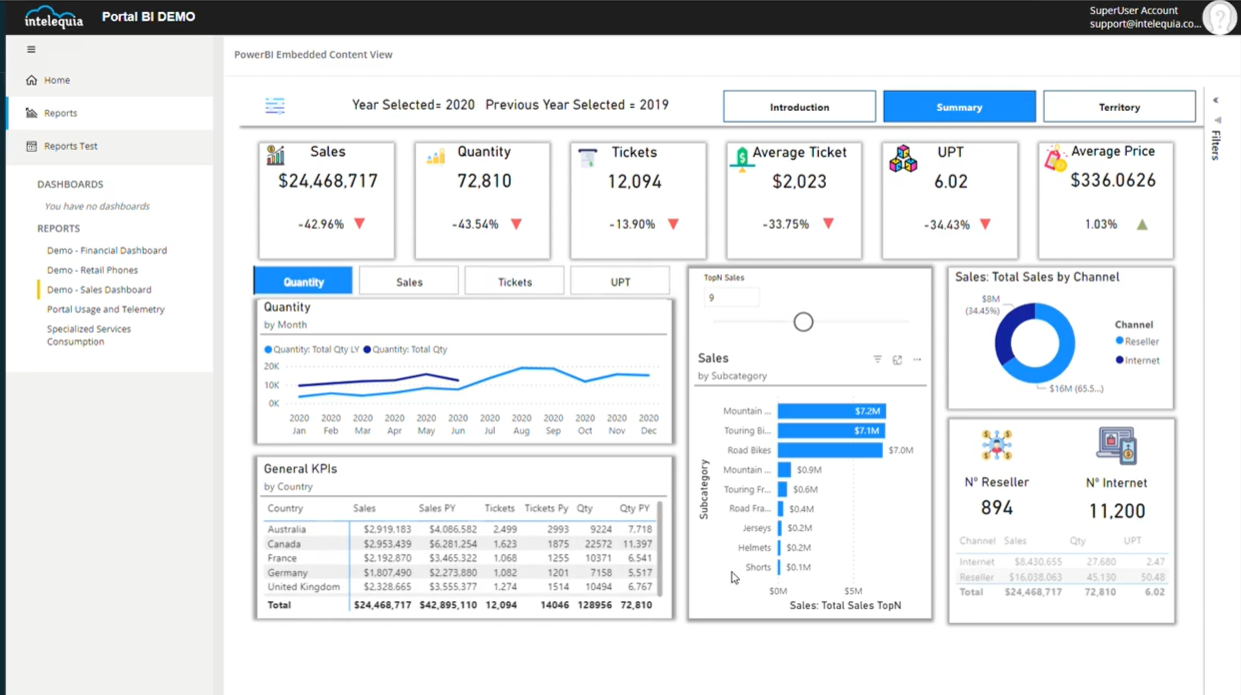The digital era has brought with it a considerable increase in data generation and collection. As companies seek to adapt to an ever-evolving environment, Big Data has become an essential component for business success. In this article, we will explore what Big Data is, why it is so important to organizations, and how it can help drive their transformation.
What is Big Data?
This term refers to the huge volume of structured and unstructured data being generated and collected at breakneck speed in the digital world. The data comes from a variety of sources, such as social networks, sensors, mobile devices, applications and enterprise systems. The challenge of Big Data lies not in the amount of data, but in how to process, analyze and use this information effectively and efficiently to make informed decisions and gain competitive advantage.
The importance of Big Data
Big Data is transforming the way companies operate and make decisions. By analyzing massive volumes of data, they can identify patterns, trends and correlations that can be useful for improving efficiency, reducing costs, increasing sales and fostering innovation. One of the key aspects of Big Data is its ability to provide real-time information, allowing them to make quick, data-driven decisions based on current data rather than relying on outdated information.
.jpg?ver=CY_XxR-xL_LDLB2ps5b-7w%3d%3d)
In addition, Big Data enables companies to improve their customer insight. By analyzing their data, they can gain a deeper understanding of their preferences, behaviors and needs. This enables them to offer more personalized products and services, improve customer satisfaction and ultimately increase customer loyalty and retention.
This tool can also play a crucial role in supply chain optimization. By analyzing supply chain data, bottlenecks, inefficiencies and areas for improvement can be identified, leading to a more agile and efficient supply chain and also resulting in reduced costs and increased competitiveness in the marketplace.
Benefits of Big Data in digital transformation
Implementing these solutions into business operations can offer a number of benefits that drive transformation and growth. One of the main benefits of Big Data is its ability to improve operational efficiency. By analyzing and optimizing internal processes, companies can reduce operational costs and improve profitability.
Another key benefit is its ability to improve decision making. Big Data analytics provides valuable information that can help decision makers make better informed and strategic decisions. This can result in greater efficiency and success in the marketplace.
It can also provide companies with a competitive advantage. By leveraging it to identify market trends and opportunities, organizations can stay one step ahead of their competitors and adapt quickly to changing market demands. In addition, Big Data can be a driver of innovation and product development. By analyzing market and consumer data, they can identify emerging opportunities and trends, enabling them to innovate and develop new products and services that meet consumer demands.
Big Data is an essential component in today's business world. Companies that recognize the importance of Big Data and adopt solutions to analyze and use this information effectively are better positioned to succeed in an increasingly competitive marketplace. What's more, the merger of Big Data and AI provides even more significant benefits in terms of efficiency and competitive advantage. Big Data offers a wealth of valuable information about the market, consumers and trends, while artificial intelligence allows this data to be processed and analyzed with unprecedented speed and accuracy.

Microsoft Fabric enables data access, management and use with a single platform based on artificial intelligence.
This powerful connection between Big Data and AI makes it possible to identify hidden patterns and correlations in the data, which helps to make informed and strategic decisions. In addition, AI can learn from data and adapt to changing market conditions, enabling entities to be more agile and responsive to customer demands.
The joint application of Big Data and artificial intelligence can also improve operational efficiency by automating routine processes and tasks, freeing up time and resources to focus on higher-value activities. In addition, AI can provide predictive analytics based on the data collected, allowing companies to anticipate future problems or opportunities and act accordingly.
In this context of business transformation driven by Big Data, Portal BI is presented as a comprehensive solution that allows you to take full advantage of the power of data. This business intelligence platform offers data analysis and visualization tools that facilitate decision making based on accurate and up-to-date information. By integrating Portal BI into their operations, they can gain a clearer view of processes, customers and markets, enabling them to improve efficiency, drive innovation and maintain a competitive advantage using the capabilities of Microsoft Fabric and Power BI. Ultimately, Portal BI becomes a key ally for companies looking to adapt and thrive in the era of Big Data, supporting their growth and success in an ever-evolving environment. If you would like to learn more about Portal BI, please do not hesitate to contact us.

Dashboard in Portal BI